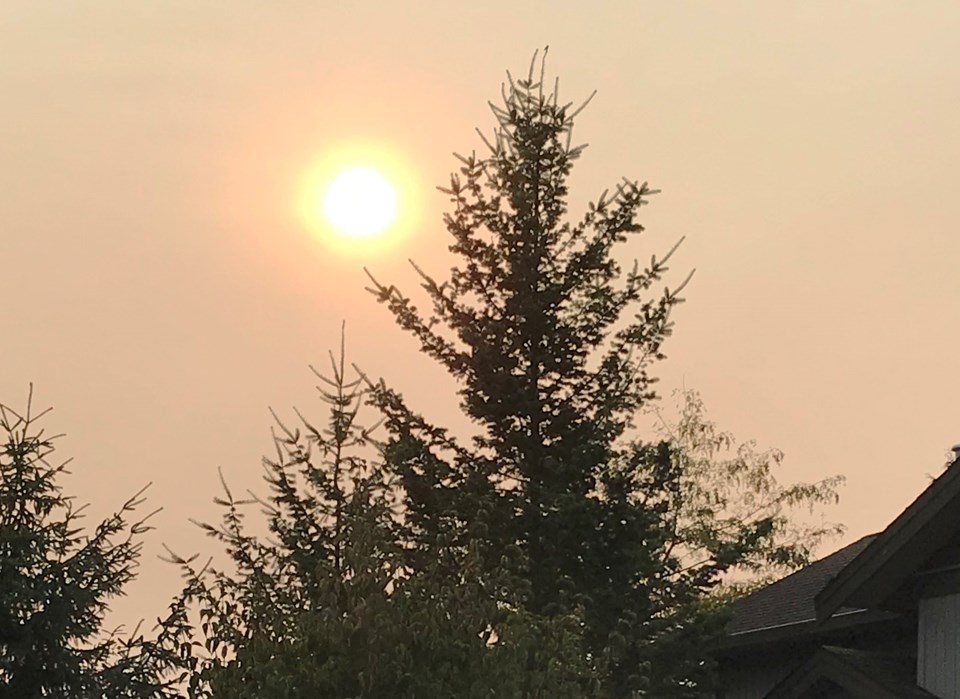North Delta NDP MLA Ravi Kahlon says that new funding will help Delta prepare for extreme heat events and keep people safe during future emergencies.
“Taking action to assess the risks now means that communities will be better prepared for extreme heat events in the future,” said Kahlon in a news release. “This funding will support Delta and Tsawwassen First Nation in developing their own plans to keep people safer and preserve the local environment.”
Across B.C., 36 First Nations and local governments are receiving a share of almost $1.9 million in funding to help communities implement projects such as extreme heat risk mapping, risk assessments, extreme heat response plans, and climate adaptation planning.
The City of Delta and Tsawwassen First Nation will be receiving $60,000 in funding for extreme heat risk mapping, assessment and planning.
The Community Emergency Preparedness Fund is part of the Province’s Climate Preparedness and Adaptation Strategy, and adds to the BC Heat Alert and Response System, launched earlier this year. The $189-million fund is administered through the Union of BC Municipalities and supports programs that strengthen the resilience of First Nations, and local governments in responding to and preparing for natural disasters and climate change.
Since 2017, First Nations and local governments have received more than $50.8 million through the CEPF for more than 1,000 projects that help communities mitigate and prepare for disasters and climate-related emergencies.
At last week's UBCM convention, an extreme heat response resolution from the City of Delta was approved by delegates.
The resolution requested the B.C. government recognize extreme heat events as public health emergencies, similar to the extreme weather response program, and fund local government response measures to ensure the public has access to cooling centres and other assistance during extreme heat events.
The BC Coroners Service attributed 526 deaths to the extreme heat events experienced in southern B.C. between June and August 2021.



